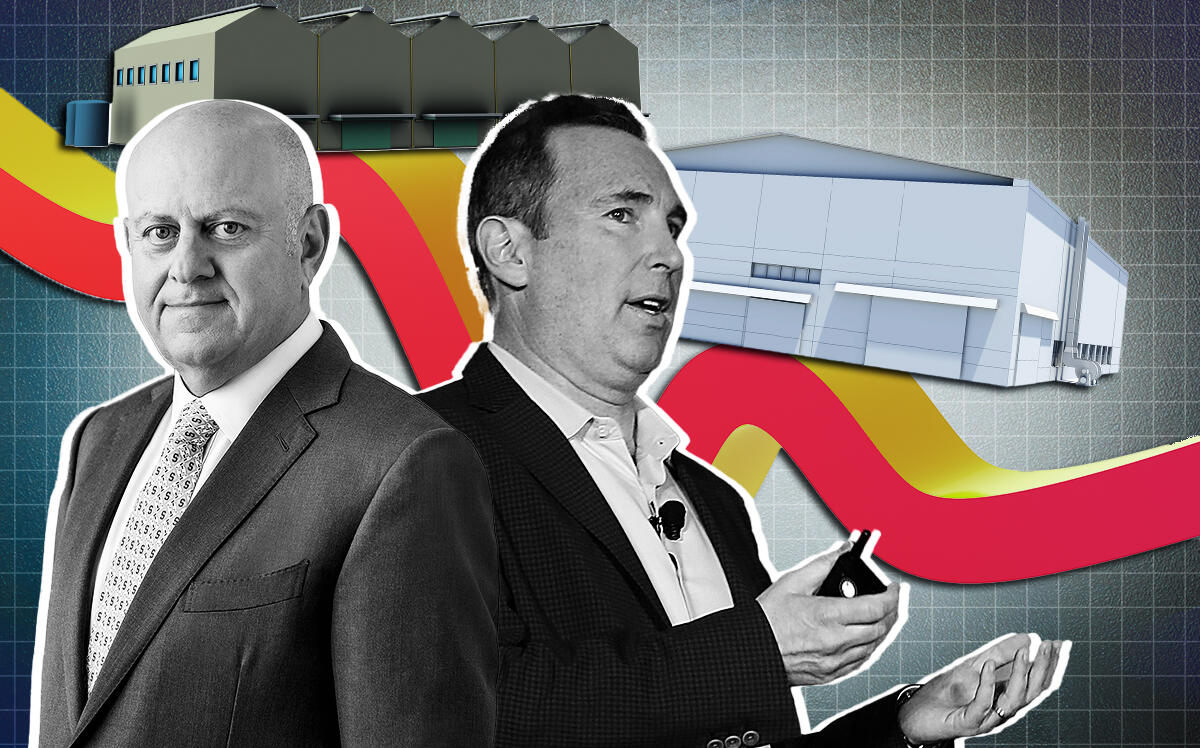The gilded age of warehouses is starting to dull as the pandemic e-commerce boom fades and a recession creeps closer.
Once-rabid demand for industrial real estate is cooling on the heels of nearly 150 million square feet of warehouse space hitting the market in the third quarter, the Wall Street Journal reported.
Warehouses became the pandemic’s real estate sweetheart when people stuck in their homes shifted their spending from experiences to Amazon, and internet retailers pushed for ever-faster delivery.
Read more

While office values tanked, historically cheap industrial rents rose. In ideally situated northern New Jersey, warehouse asking rents were up 23 percent at the end of last year.
Then came the influx of warehouse space. In the third quarter, developers opened a record 148.2 million square feet, 72 percent higher than the past five years’ average.
As the pandemic eased, warehouses kept their momentum thanks to supply-chain backlogs as retailers stocked up on inventory to avoid being caught empty-handed when orders came in.
But that was before the Fed pushed up interest rates and businesses started cutting back, with consumers expected to follow.
Now, with inflation strangling budgets and higher interest rates sending costs up, demand for warehouses has softened.
Amazon was among the first warehouse gluttons to pare back, announcing plans to close, delay or cancel its occupancy in about 80 buildings across the U.S.
Investors are anticipating Prologis’ third-quarter earnings call Wednesday to see whether the world’s largest industrial developer plans to cut back on new buildings.
— Cailley LaPara
